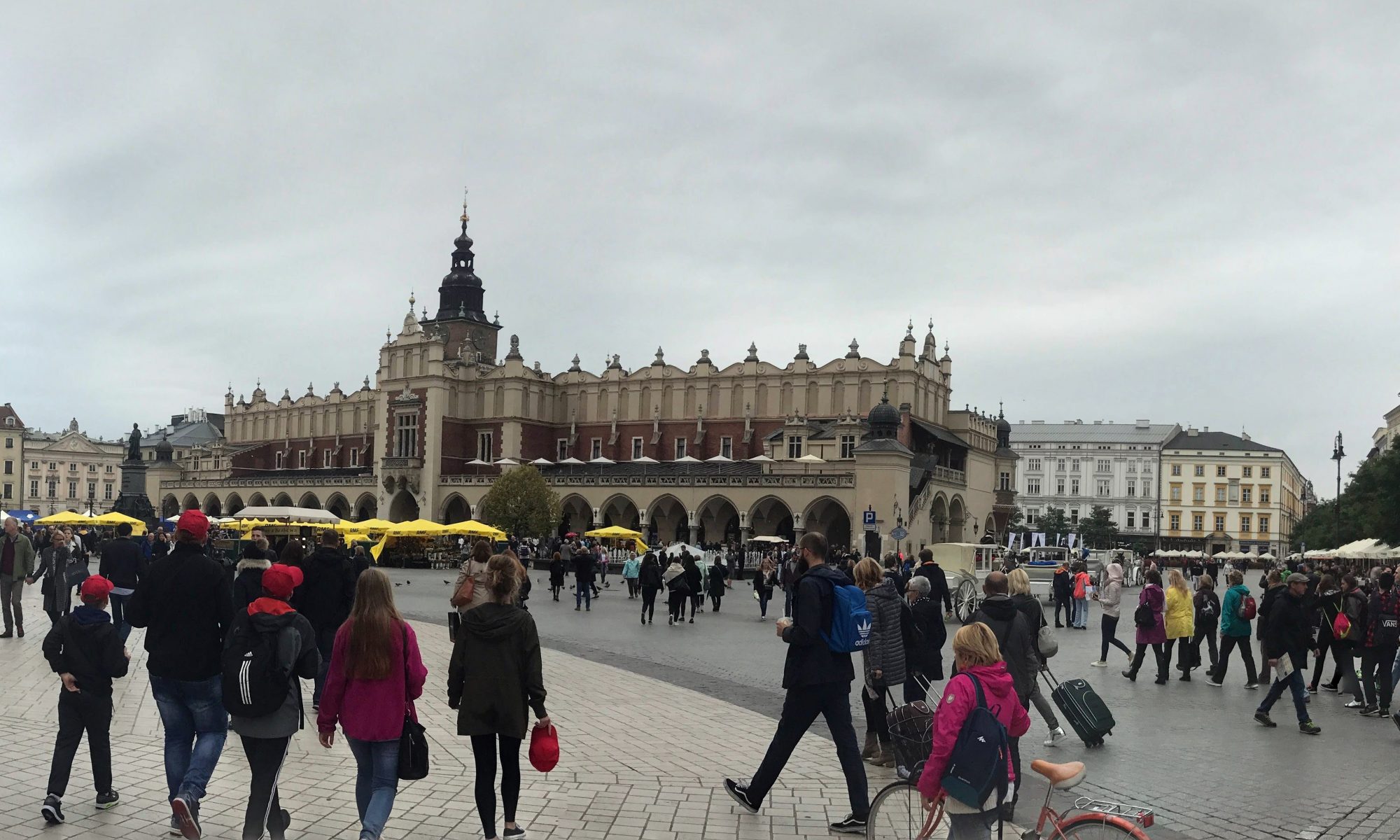Kevin Passmore's short introduction to fascism comes out at a good time (Fascism: A Very Short Introduction). Passmore does a great job of framing the problem. He poses a definitional question -- what is fascism -- and demonstrates that this apparently semantic issue requires careful historical and theoretical analysis. Arriving at a good definition of …
Power: social movements
Social movements usually have to do with change rather than persistence. And they usually emerge from "under-class" groups who lack meaningful access to other official and institutionalized means of power. They are among the "weapons of the weak", and their effectiveness usually turns on the ability of a sub-population to mobilize in collective action with …
The heterogeneous social: groups
A social whole -- the city of Chicago, for example -- is a densely various empirical reality. At virtually every level of scale there is variance with respect to social characteristics -- income, health status, ethnic or social identity, political adherence and preference, age, race, or occupation. Neighborhoods differ from each other -- but equally, …
Social knowledge: measurement of properties in diverse groups
When we gain knowledge about silver, DNA, or cholera, we can study virtually any samples of the item and arrive at a description of its properties and causal powers, and this description will correspond accurately to other instances as well. We learn about the type by learning about the individuals, and we don't have to …
Continue reading "Social knowledge: measurement of properties in diverse groups"
